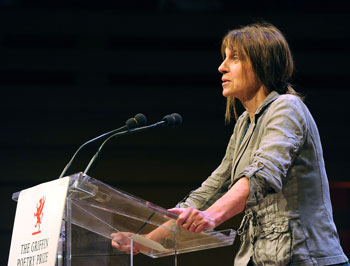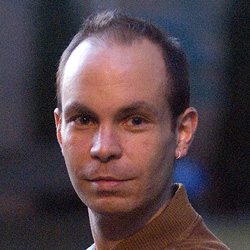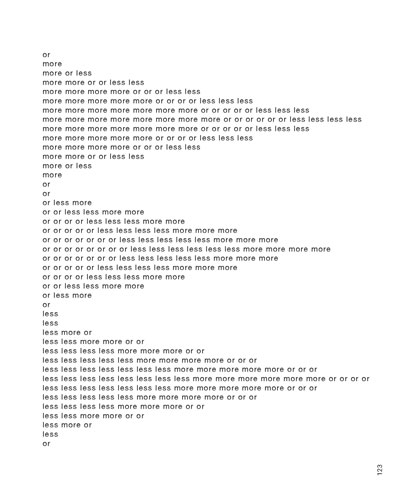after tomson highway
girl of surplus. girl who is made from fragments. she who can only
be spoken of by way of synecdoche. she whose name cannot be
enunciated only mouthed.
mother of that which cannot be mothered. mother who wants
nothing and everything at the same time. she who gave birth to
herself three times: 1. the miscarriage. 2. the shrunken world.
3.the aftermath.
sister of forest fire. sister who dwells in the wreckage. she who forages
for the right things in the wrong places. nothing is utopia and so she
prays to a god for a back that can bend like a tree splitting open to
make room for the heat.
aunt of the sovereignty of dust. aunt of that which cannot be
negated entirely. she who is magic because she goes missing and
comes back. she who walks upside down on the ceiling of the
world and does not fall.
kookum of love in spite of it all. kookum who made a man out of
a memory. she who is a country unto herself.
father of ash. father of a past without a mouth. he who ate too much
of the sunset.
Notes on the Poem
Billy-Ray Belcourt is the newly minted winner of the 2018 Canadian Griffin Poetry Prize, for his powerful poetry collection This Wound is a World. Let's celebrate this achievement for a young poet's first poetry collection by revisiting our Poem of the Week look at "The Rez Sisters II". The poem's distinctive title will probably already ring a bell. The attribution "after tomson highway" confirms that the poem takes its inspiration from Cree Canadian playwright and novelist Highway's 1986 play The Rez Sisters. The cast of characters comprising Highway's work are described vividly here. As this definition clarifies the use of "after", the work that follows is considered to be "a direct imitation of an original artwork, made at a later date". Belcourt's poem definitely takes its cues from the play, but it is no mere imitation. The poem's spare and striking depictions of damage, such as: "girl who is made from fragments" and "sister who dwells in the wreckage" are analogous to what Highway's characters have contended with, but the moments of transcendence: "she prays to a god for a back that can bend like a tree splitting open to make room for the heat." and "she who is magic because she goes missing and comes back. she who walks upside down on the ceiling of the world and does not fall." are homage to Highway's themes of survival, by whatever feisty, whimsical and resourceful means necessary. Tomson Highway has acknowledged that his work was inspired in part by Michel Tremblay's 1965 play Les Belles-soeurs. It's interesting to see that core themes of a potent collective feminine energy facing life's adversities have carried through and informed three such powerful interpretations and tributes.


 OK, maybe she has a wee advantage because it is her poem. Still, memorization and performance of that memorization are estimable feats, perhaps especially so in this age of myriad distractions.
Oswald is known and admired for memorizing her work when she presents it. Her performance of her book-length poem Memorial was described as a "visibly exhausting tour-de-force" in
OK, maybe she has a wee advantage because it is her poem. Still, memorization and performance of that memorization are estimable feats, perhaps especially so in this age of myriad distractions.
Oswald is known and admired for memorizing her work when she presents it. Her performance of her book-length poem Memorial was described as a "visibly exhausting tour-de-force" in 





